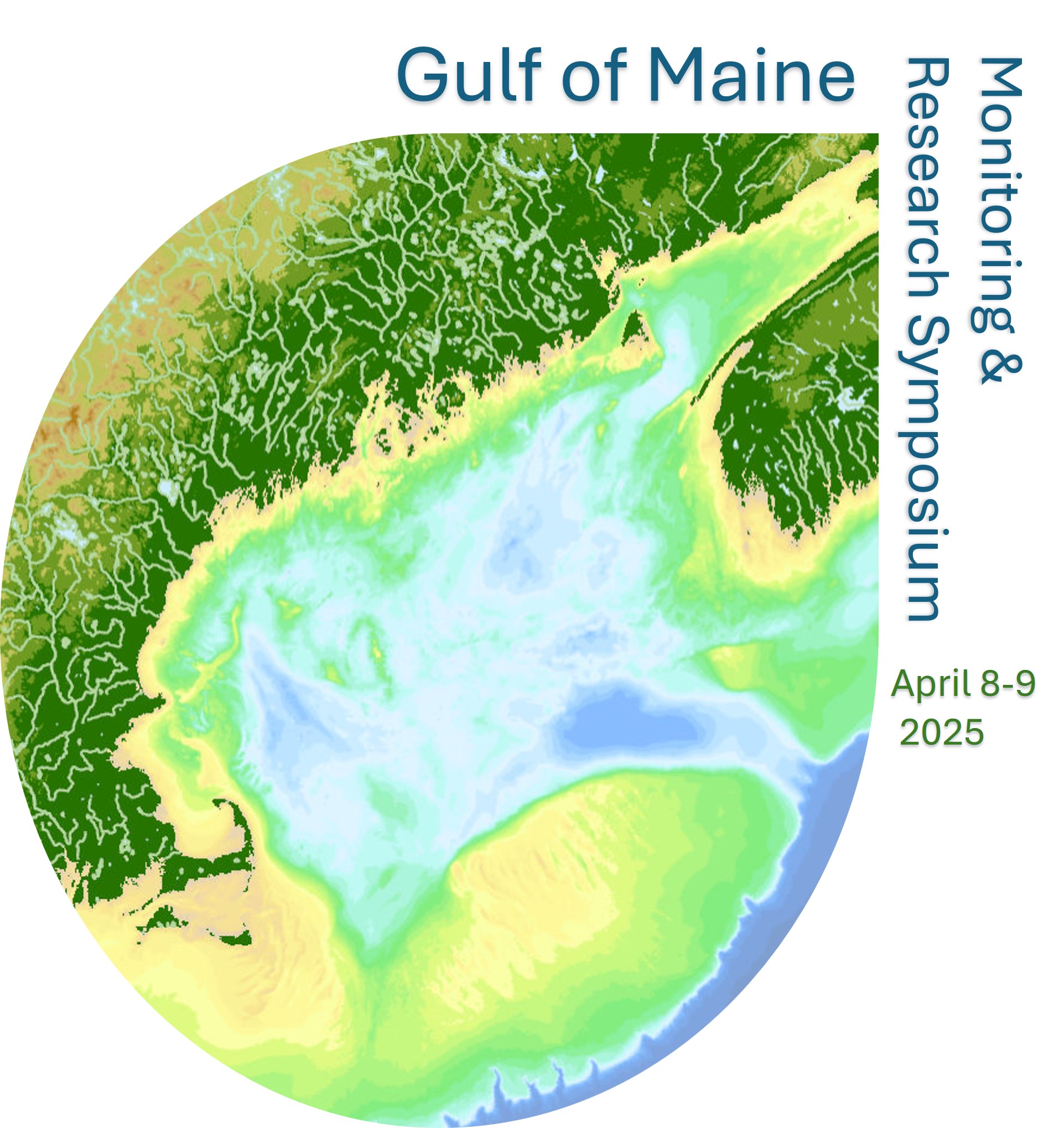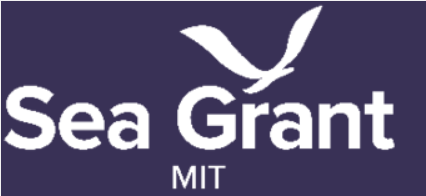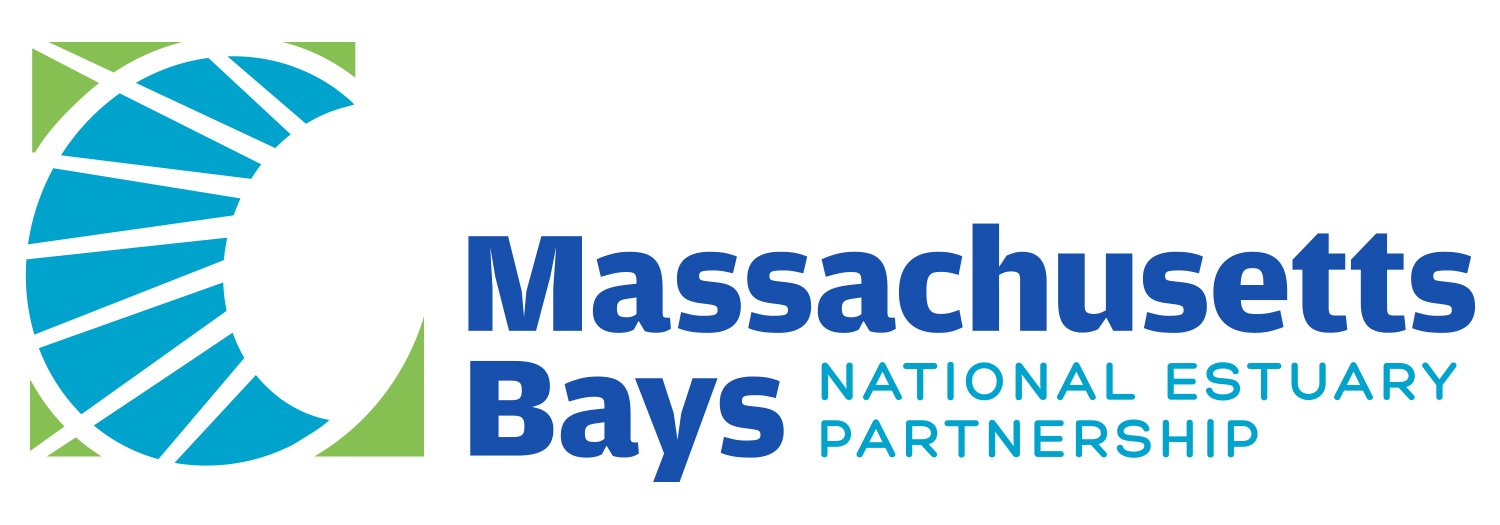PRESENTATIONS
Tuesday, April 8
Session 1: Water Quality Monitoring
-
David Wu, Massachusetts Water Resources Authority
MWRA monitoring programs in Massachusetts Bay -
Jeremy Miller, Wells National Estuarine Research Reserve
Using continuous environmental monitoring data to inform biological changes in a rapidly warming Gulf of Maine: NOAA's System Wide Monitoring Program -
Reese LeVea, University of New Hampshire
Water quality monitoring program in the Ipswich and Parker River watersheds -
Amy Costa, Center for Coastal Studies
A collaborative approach to monitoring the coastal waters of Cape Cod -
Ryan Joyce, MA Division of Marine Fisheries
Water quality monitoring for shellfish classification -
Shan Zuidema, University of New Hampshire
Understanding controls of watershed exports to Gulf of Maine as land use and climate changes -
Austin Pugh, Northeastern Regional Association of Coastal Ocean Observing Systems
NECAN’s Ocean Acidification Monitoring Plan
Session 2: Biological Monitoring
-
Melissa Campbell, MA Division of Marine Fisheries
Massachusetts Biotoxin Monitoring Program -
Cameron Thompson, Northeastern Regional Association of Coastal Ocean Observing Systems
Zooplankton indicators of ecosystem change in the western Gulf of Maine -
Lucy Lockwood, University of Massachusetts Boston, & Marc Albert, National Park Service
Development of an intertidal biodiversity monitoring framework to support climate adaptation of the Boston Harbor Islands National and State Park -
Adam Kozlowski, National Parks Service
Long-term rocky intertidal monitoring - program overview and preliminary results -
Lyra Brennan, Mass Audubon
Coastal birds in Massachusetts: trends, challenges, and the future
Session 3: Aquatic Species Monitoring
-
Anne Zegers, Manomet Conservation Sciences
Community engaged conservation in action: supporting river herring recovery in the Gulf of Maine -
Brad Chase, MA Division of Marine Fisheries
River herring spawning and nursery habitat assessment -
Graham Sherwood, Gulf of Maine Research Institute
The Casco Bay Aquatic Systems Survey (CBASS) -
Jessie Batchelder, Manomet Conservation Sciences
A crabby coast: monitoring green and blue crabs in the Gulf of Maine -
Lauren Jaramillo, National Oceanic and Atmospheric Administration
NOAA NCCOS Mussel Watch Program in the Gulf of Maine -
Robert Jarrett, University of Maine
Habitat-specific monitoring documents dramatic changes in habitat use and ecology of a data-rich fisheries species, American lobster
Session 4: Habitat Monitoring
-
Nate Corcoran, MA Department of Environmental Protection & Katie Kahl, UMass Amherst
MassMarsh: Massachusetts long-term salt marsh resilient research and monitoring program -
Cheyenne Adams, ME Department of Environmental Protection
Restoring a regular seagrass mapping program in Maine -
Tay Evans, MA Department of Environmental Protection
Status and trends of eelgrass in Massachusetts and MassDEP's Eelgrass Mapping Program -
Trevor Mattera, Piscataqua River Estuary Partnership and University of New Hampshire
The many facets of eelgrass monitoring in the Great Bay Estuary, NH -
Lexie Neffinger, MA Office of Coastal Zone Management
Monitoring introduced marine fouling species in the Gulf of Maine
Wednesday, April 9
Session 5: Water Quality Research
-
Kara Law, Sea Education Association
Plastic pollution in the Gulf of Maine -
Anne Giblin, Marine Biological Laboratory
Long-Term research and monitoring in the Plum Island marshes and estuaries -
Brianna Group, The Nature Conservancy
Leveraging aquaculture for restoration: an overview of the supporting oyster aquaculture for restoration program -
Rainer Lohmann, University of Rhode Island
Results of the 2020 study measuring PFAs and CECs in Massachusetts Bay surface water
Session 6: Habitat and Biological Research
-
Adrienne Kovach, University of New Hampshire
Insights from tidal marsh birds to inform salt marsh restoration practices -
Neil Ganju, U.S. Geological Survey
Geospatial analysis to support salt marsh management and restoration -
James McKown, University of New Hampshire
Evaluation of drainage enhancement for vegetation recovery in salt marshes in New England using public aerial imagery -
Alyssa Goncalvez, University of Massachusetts Boston
Molecular monitoring of multiple stressors impacts on the blue mussel, Mytilus edulis -
Lexi Wilkes, University of Massachusetts Boston
Mapping kelp dynamics: uncovering Saccharina latissima distribution in the Gulf of Maine
Session 7: Modeling and Oceanography
-
Jaime Palter, University of Rhode Island
Large scale oceanographic context for rapid warming of the Northeast US continental shelf -
Jake Kritzer, Northeast Regional Association of Coastal Ocean Observing Systems
Overview of NERACOOS data resources -
Changsheng Chen, University of Massachusetts Dartmouth (SMAST)
Northeast Coastal Ocean Forecast System (NECOFS): a tool for assessing marine environmental conditions -
Laura Brothers, U.S. Geological Survey
What lies beneath? The Gulf of Maine's seafloor and its implications for benthic habitat and development -
Gabriel Venegas, University of New Hampshire
Physics-based Bayesian inversion of seafloor properties in the Gulf of Maine using calibrated water column sonar data
Closing: Bringing it all together
-
Keynote: Jon Witman, Ph.D., Brown University
2025 SYMPOSIUM HOST INSTITUTIONS




